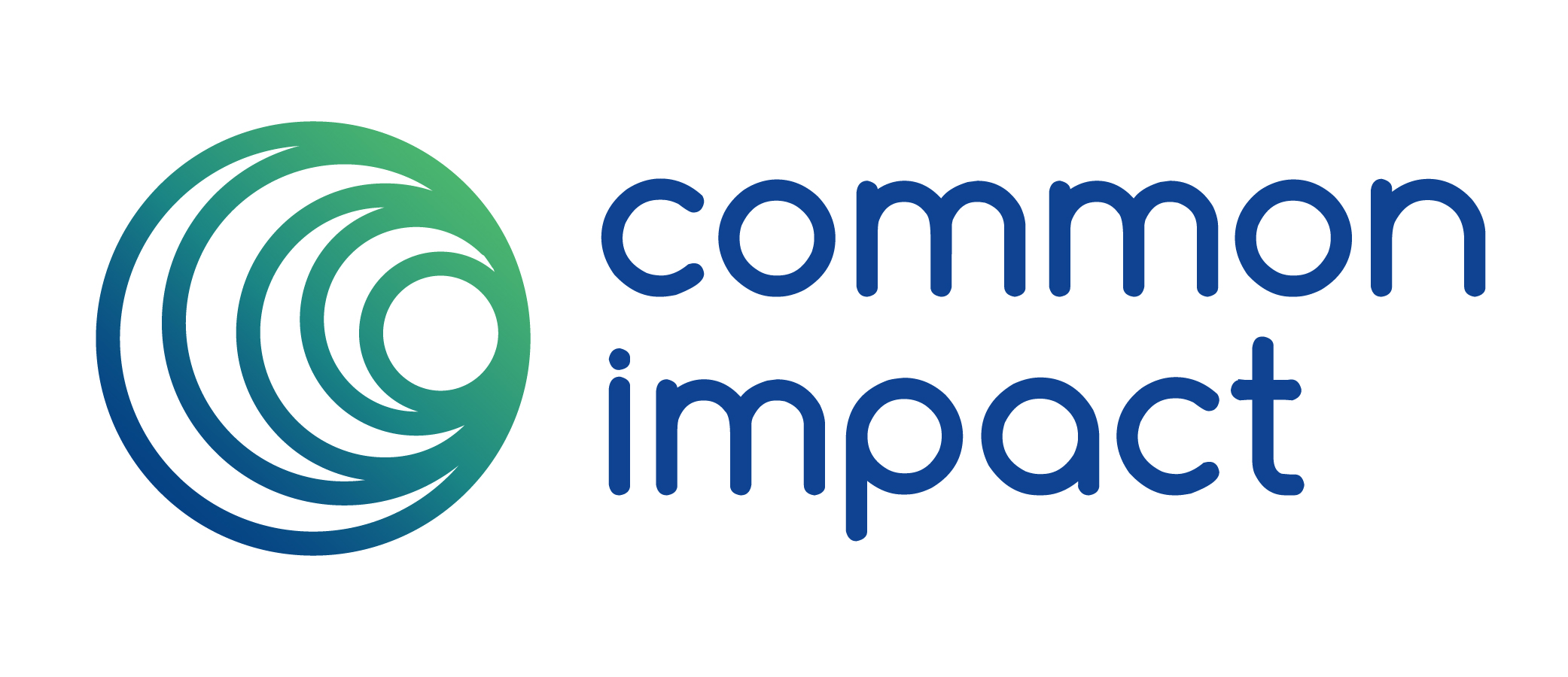#PressforProgress on Developing Female Leaders in the Workplace
Originally published by Danielle Holly

With tremendous global activism for women's equality, there is now, more than ever, a strong momentum to close the gender gap. At Common Impact, we recognize the need for gender parity across all sectors and are consistently working to hone our unique model of social impact to design programs that both engage and develop female leaders at all levels of their careers. It has been proven time and time again that gender-balanced teams deliver better and more sustainable performance and that companies with more gender-balanced leadership teams out-perform those with less. Many of our corporate and nonprofit partners are working to reframe the discussion from an issue of equality and instead focus on it as a business opportunity by presenting solutions that will help create a more balanced leadership class and tap into the resulting competitive edge. In honor of International Women's Day, we are taking the opportunity to reflect on ways to develop women's leadership skills through the lens of skills-based volunteering. International Women's Day shouldn't begin and end today. We hope that all of our partners and peers will use today as a platform to accelerate gender parity across all sectors and continue to build programs that intentionally grow and develop the next generation of female leaders.
-------
To kick us off, we are bringing back an oldie but goodie from our own, Danielle Holly on how many employers are building skills-based volunteering initiatives designed as experiential leadership programs targeted towards their female talent.
I'm not a big football fan. I've never made it through a full game. But during the few moments that I sat down to watch the Super Bowl this past year, it wasn’t the action on the field that caught my attention. Rather, it was that Proctor and Gamble ad – that now famous "Like a Girl" campaign – that kept me in my seat. For me, that P&G ad hit the mark in ways that many female empowerment initiatives don't do – it reframed the conversation. It took a phrase that we normally hear used only to demean and deride, either consciously or not, and flipped it on its head. And it did so in front of a large and male-dominated audience.
That's exactly what we need to do with female leadership development in our current workplace. While there are many elements of current leadership programs that we should lift up and reinforce, they too often sidestep the specific leadership qualities that are naturally strong in women and that lead to more holistic, thoughtful, and engaged leadership. The benefit is clear: Institutions that have women at the top are stronger organizations – corporate boards with female representation have stock prices that perform 26% better than all-male Boards. Still, there are 36% of boards that have no female representation at all!
As one response to this leadership development challenge in the corporate world, more and more employers are building skills-based volunteering initiatives designed as on-the-ground experiential leadership programs targeted to their female talent. Through these initiatives, female employees bring their skills to bear through volunteer efforts that boost their engagement, company loyalty, and confidence, and the nonprofit organizations they’re supporting provide environments that help transform the natural strengths of female employees into the success factors that drive long-term business growth.
Influencing
Study after study has shown that women tend to be stronger influencers in environments where they don't have formal power – using an inclusive, team-building approach to getting work done and decisions made. In nonprofit environments, that approach is a way of life. Nonprofit leaders have to figure out how to align a diverse group of stakeholders, with a broad spectrum of interests, behind a single vision. Without significant financial incentives, the staff, Board of Directors, funders, clients, and partners of a nonprofit need to be deeply invested in its success to survive. One of Common Impact's long-time corporate clients recently paired an all-female team of executives to an organization focused on STEM education for girls. Coming out of the engagement, the team lead turned to the appreciative Executive Director of the nonprofit and said, "You opened my eyes as to how to influence and inspire people. I can't tell you how invaluable that will be for me when I walk into the office on Monday."
Resilience
Earlier this month at the International Women’s Day forum, Tina Tchen, Executive Director of The White House Council on Women and Girls, said "Women leaders are the most resilient actors in the workforce – especially women of color – because they've had to overcome so much to get to where they are." Resiliency and grit are important skills for any leader, but for women who are building their careers, the ability to bounce back from setbacks often driven by subtle or implicit gender bias, or adapting to life’s curveballs while simultaneously pursuing career and family dreams, are attributes key to their success. Skills-based volunteer efforts put a face on resiliency. They put employees in the seats of nonprofit executives who are staring down growing social challenges every day and designing solutions to meet those challenges. And while those executives know that they likely won't see the resolution of those social challenges tomorrow, next year or – often – even in their lifetimes, they understand the larger vision and keep working to drive change and make a difference.
Creativity
The resource-constrained environment of a nonprofit unlocks creativity—demanding that skills-based volunteers solve large strategic and operational challenges and deliver more and higher quality services to meet the changing needs of the community, with limited or no budget. Earlier this year, Common Impact convened a kickoff meeting where a corporate team was meeting its nonprofit partner for the first time. When we shared the nonprofit’s budget to give them a sense of the scope within which they’d be working, the team was shocked. While the organization’s budget – $1 million – felt large to the nonprofit staff, it was a fraction of what the team was used to seeing for even a single initiative at their Fortune 100 firm. One team member asked, disbelieving, “How are you able to accomplish so much?” By the end of the project, the answer to that question – applying creativity and new thinking to every question – was not only clear, but the corporate team had in fact practiced that innovation in a way they never could have experienced in their home corporate environment.
There are many ways that skills-based volunteering is developing the next generation of female leaders. Employers in all sectors are now realizing exactly what that P&G commercially captured so perfectly – that we can't make progress using language and concepts that reflect a backward-looking view of the world; that progress will come through innovative and unconventional solutions; and that creating opportunities to engage actively in the community can sustain a strengthened, conscious and connected workforce, full of individuals – women and men both – who are ready to lead.

